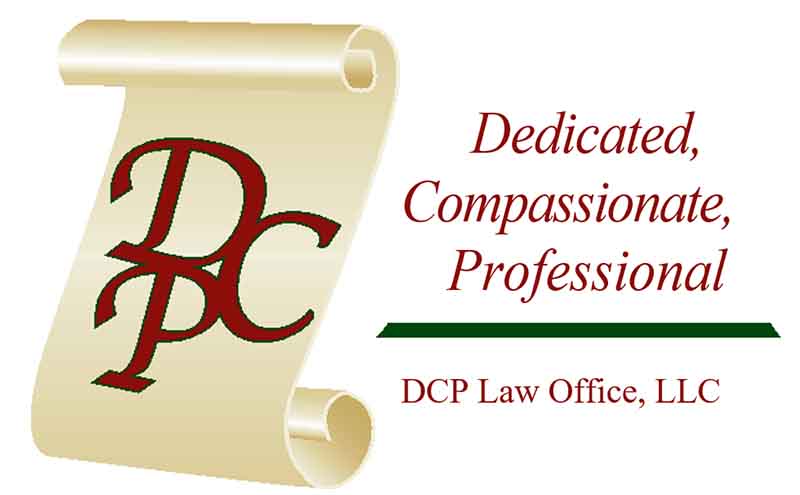Frequently Asked Questions
DISCLAIMER: The following information is purposely general in nature; please consult an attorney for specific information and advice, as nothing within these FAQs constitutes legal advice.
Can you explain the types of legal fees that exist?
Yes. Currently, there are three acceptable types of fees.
Hourly. This fee is calculated based upon the number of hours that an attorney spends on legal services for you. Fees are typically charged based on a percentage or portion of an hour, such as a 15-minute increment. What the increment means is that if the attorney takes a phone call from you that lasts for five minutes, then on your bill from the attorney, you will see a charge for 15 minutes, or the minimum increment billed by the attorney.
Contingency. This fee is calculated based upon the recovery in the litigation. This fee type is most readily utilized in personal injury lawsuits. It is not acceptable in most family law legal matters, such as divorce and custody, but is permitted in certain circumstances. The fee can be calculated based on the recovery before or after expenses are considered. Any fee agreement must specifically delineate which manner the calculation is made. For example:
Before expenses: Recovery 100,000; fee 25%; expenses $10,000 –
Attorney fee (100,000 x 25%) = 25,000
Plaintiff Recovery 100,000 -25,000=75,000 -10,000 = 65,000
After expenses:
Attorney fee (100,000-10,000) x 25% = 22,500
Plaintiff recovery 100,000- (22,500+10,000) = 67,500
Flat fee. Flat fees are a specific amount charged for a certain type or amount of representation. For example, an attorney may charge $3,000 to represent someone for a DUI offense. Flat fees are normally paid upfront, but that is at the discretion of the lawyer.
The important fact about fee agreements is that they must be in writing.
Can I be my own lawyer?
You can represent yourself in any matter unless you are a business. You should always consider the risks of being your own attorney in any situation.
Should I be my own lawyer for larger concerns/matters?
Ninety percent of the people who have considered being their own lawyer would not roof or put electrical wiring into their own house. When asked why not, their response is that it is too complicated. Keep in mind that even if you are prepared to give up what you normally do and spend an enormous amount of time learning how to be a lawyer, being both the lawyer and the client is difficult because of the emotions involved. Smart lawyers do not even represent themselves.
Is an initial consultation with a lawyer confidential?
Yes. Initial consultations allow an attorney to determine if the client has a case and for the client to determine if they want to hire the lawyer. Even if you do not end up hiring the lawyer everything you discussed during an initial consultation with a lawyer is confidential. This means the lawyer cannot discuss it with anyone else.
What is a retainer agreement?
A retainer agreement with a lawyer is like a down payment, it can be used to guarantee that the lawyer will be readily available to work on your particular case, which could mean that they would have to turn down other cases in order to remain available for you. If the fee agreement states that the retainer is not refundable, you may not be able to get your money back, even if the lawyer does not handle your case or complete the work. Whether or not your retainer is refundable must be disclosed in the fee agreement.
Is it OK to ask my attorney about his/her experience and work ethic?
Absolutely. An attorney is a professional providing a service. You have a right to know if you and the attorney will be a good fit. Consider the initial consultation as an interview between you and the attorney and vice versa. You must be able to work together in a cohesive manner to achieve the best possible outcome. Not every attorney and client pairing is correct.
Can an attorney in Erie represent me outside Erie County?
It depends. An attorney can only represent you where he or she is licensed. If an attorney is licensed in Pennsylvania, then the attorney can only appear in Pennsylvania courts (any state court in the state of PA) and federal courts where the attorney has applied and been accepted. However, if you are a New York resident, but your case is in Pennsylvania, then a Pennsylvania attorney can help you.
